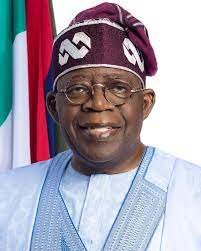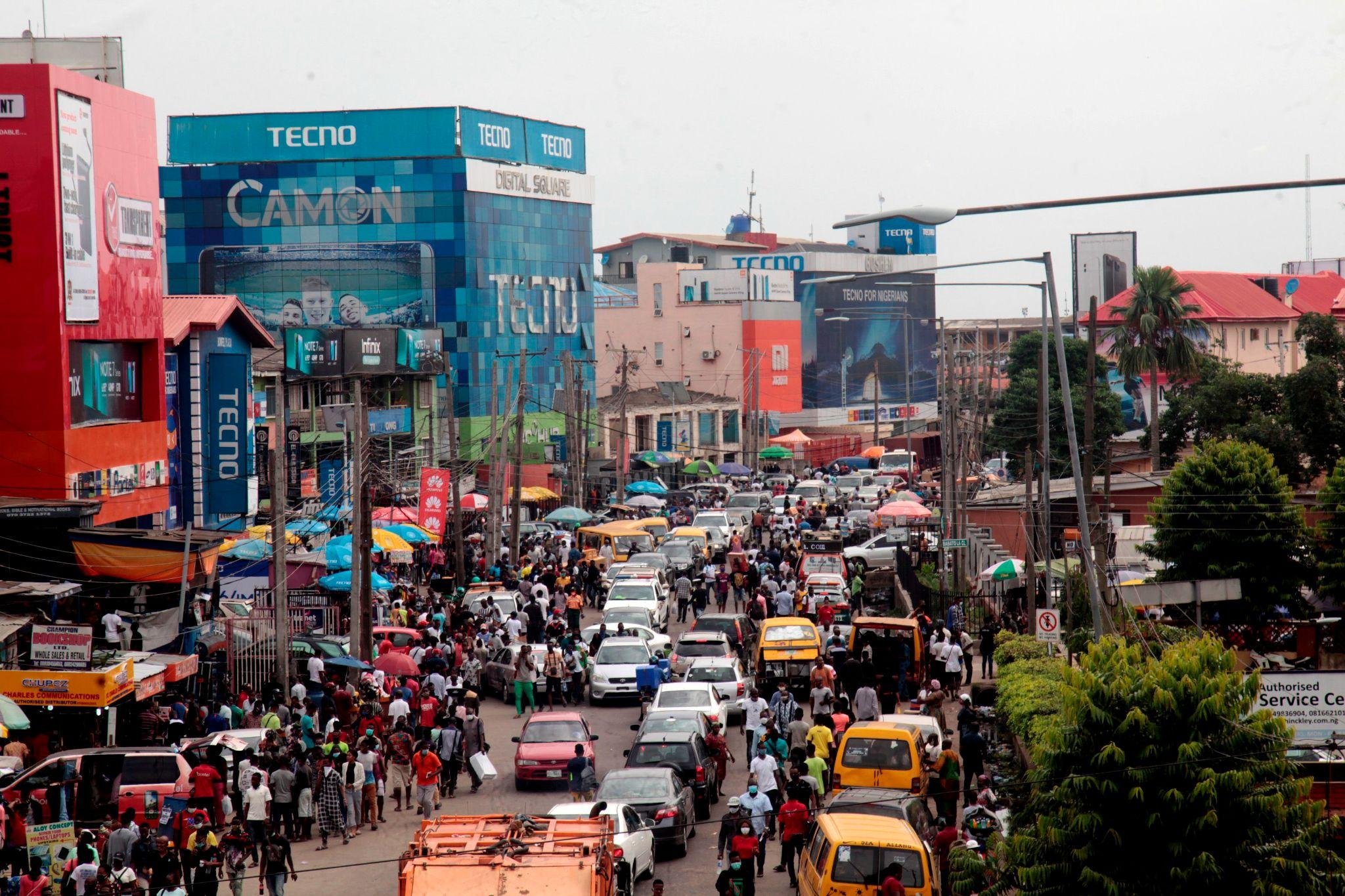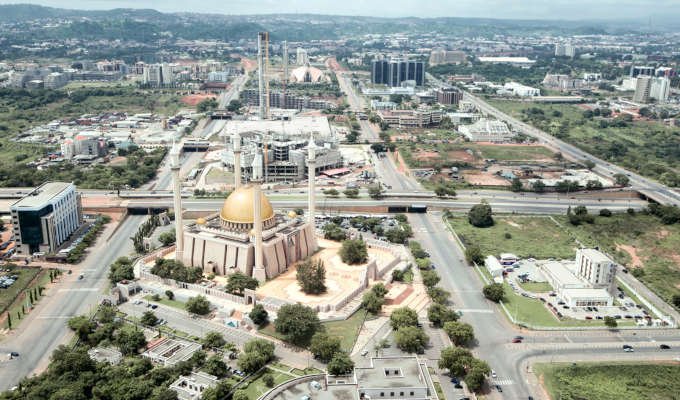Nigeria's Fiscal Choices: A Call for Priorities and Public Accountability
By: Vennisa Owusu-Barfi
Nigerian President
Bola Ahmed Tinubu
In a recent turn of events, Nigeria's lawmakers have approved a supplemental budget that has ignited widespread criticism and public outcry. The budget, earmarked to supplement the country's expenditures for 2023, has allocated staggering amounts for luxury items such as SUVs, houses, and even a presidential air fleet. This move has sparked anger among citizens in a country grappling with economic challenges and poverty.
The approved budget includes approximately $38 million allocated for the presidential air fleet, vehicles, and the renovation of residential quarters for top government officials. Notably, a substantial portion of this budget was initially set aside for a "presidential yacht," a decision that drew sharp criticism from the public. Facing backlash, lawmakers reallocated $6.1 million from the yacht budget to address more pressing issues, such as student loans.
The exorbitant allocations for luxury items have triggered concerns about the lack of scrutiny in the government's budget process and spending priorities. The move to allocate significant funds for non-essential items raises questions about the government's commitment to addressing the pressing needs of its citizens.
Source: CNN
Nigerian fiscal transparency advocate Oluseun Onigbinde, founder of BudgIT, expressed his dismay, stating, "All of this speaks to the gross insensitivity of the Nigerian political class and the growing level of impunity we have in the country." The stark contrast between the lavish spending on luxury items and the struggles of essential workers, such as doctors and academics who often protest meager wages, highlights the economic inequality within the country.
For citizens like Kingsley Ujam, a trader in Abuja, the frustration is palpable. "They (elected officials) are only there for their pockets," he remarked, expressing a sentiment shared by many who feel let down by their government's fiscal choices.
Aerial View of Abuja, Nigeria
Source: Nick Cavanagh
Hamzat Lawal, leader of the Connected Development group advocating for public accountability in Nigeria, emphasizes the need for a shift in the country's approach. He calls for strengthened anti-corruption measures and improved governance structures, asserting that public offices must become less attractive avenues for personal enrichment.
As Africa's top oil producer, Nigeria's economic challenges persist despite its abundant resources. Chronic corruption and government mismanagement have left the country heavily reliant on foreign loans and aid, with a significant portion of its population living in poverty. Lawal contends that to break this cycle, Nigeria must prioritize public needs over luxury items, enhance accountability measures, and create an environment where public service is driven by a commitment to the welfare of citizens rather than personal gain.
As the nation grapples with economic uncertainties, the call for a more responsible and accountable government resonates, urging a departure from a tradition of wasteful spending and a renewed focus on improving the lives of its citizens.


